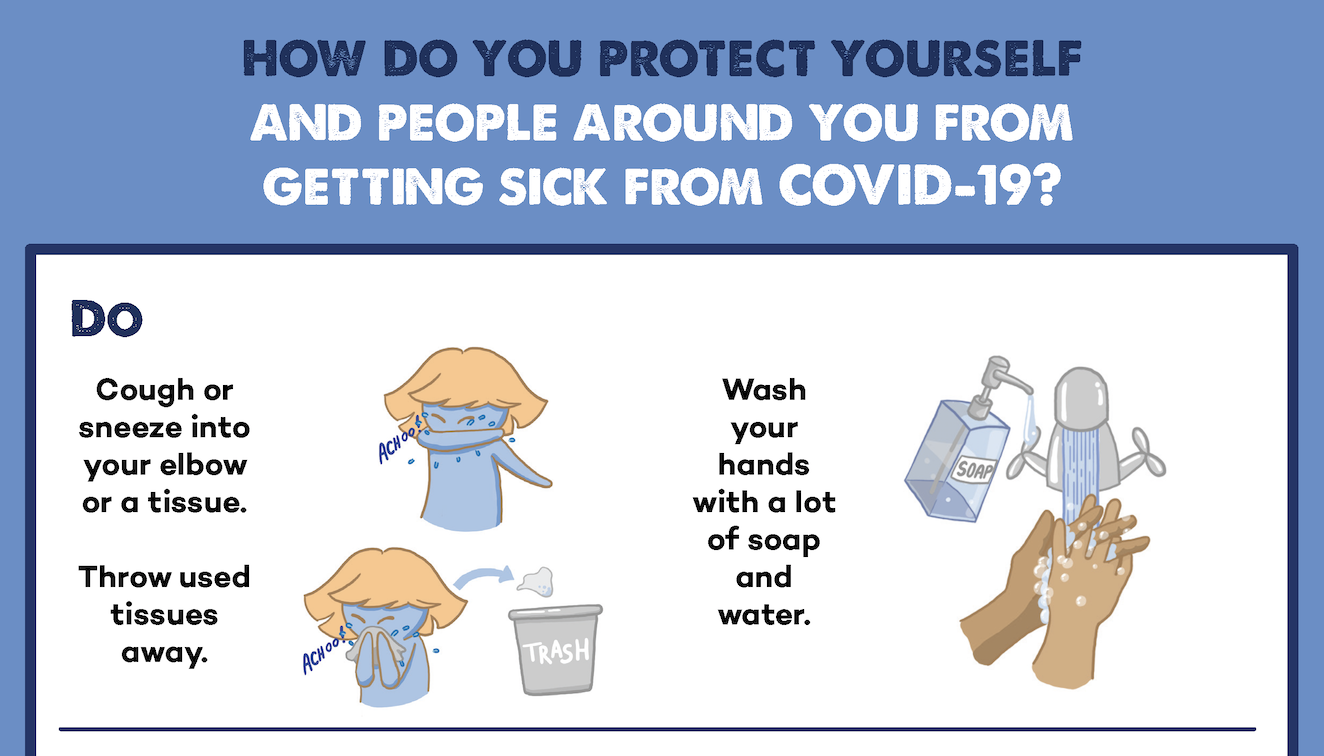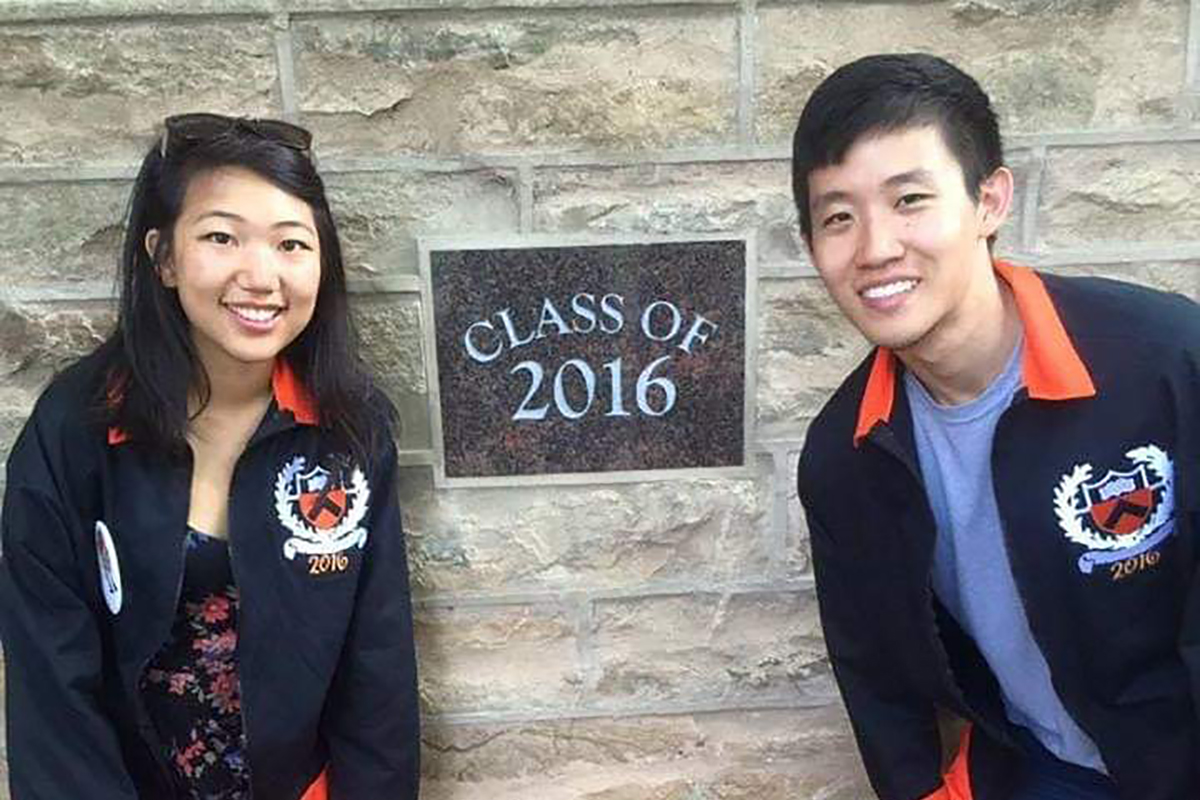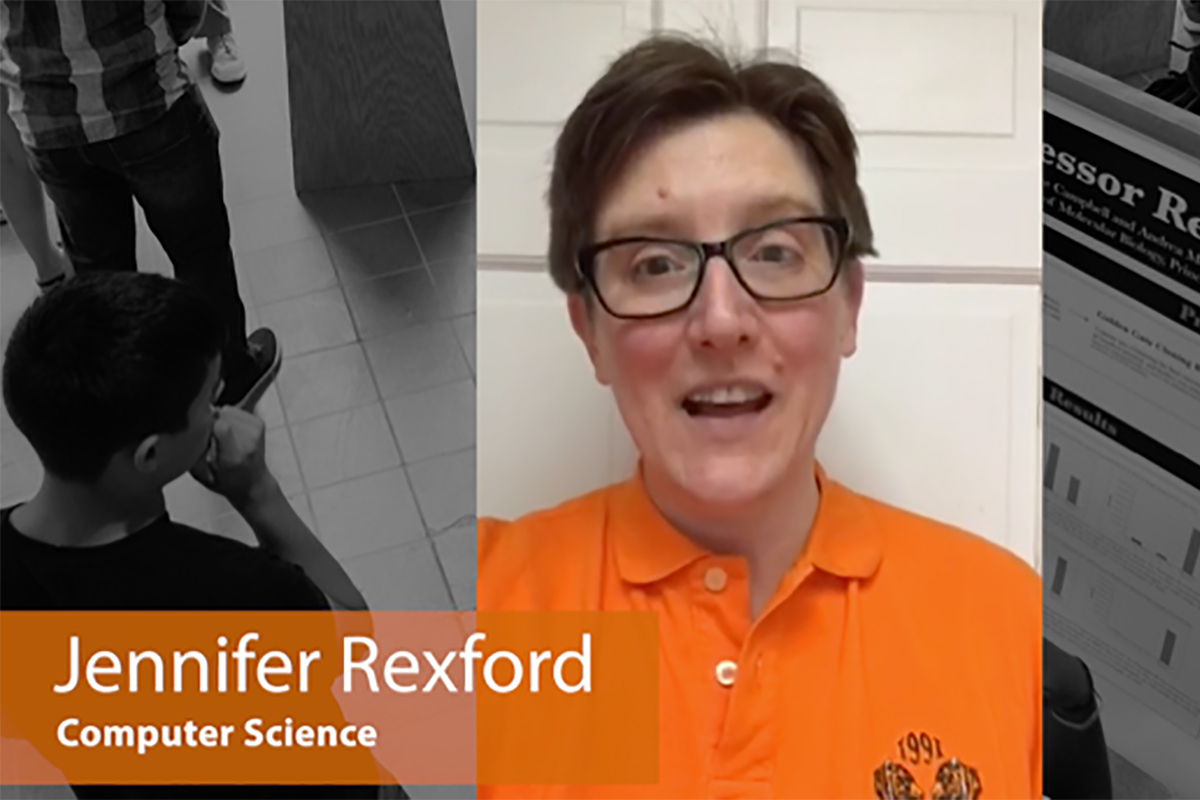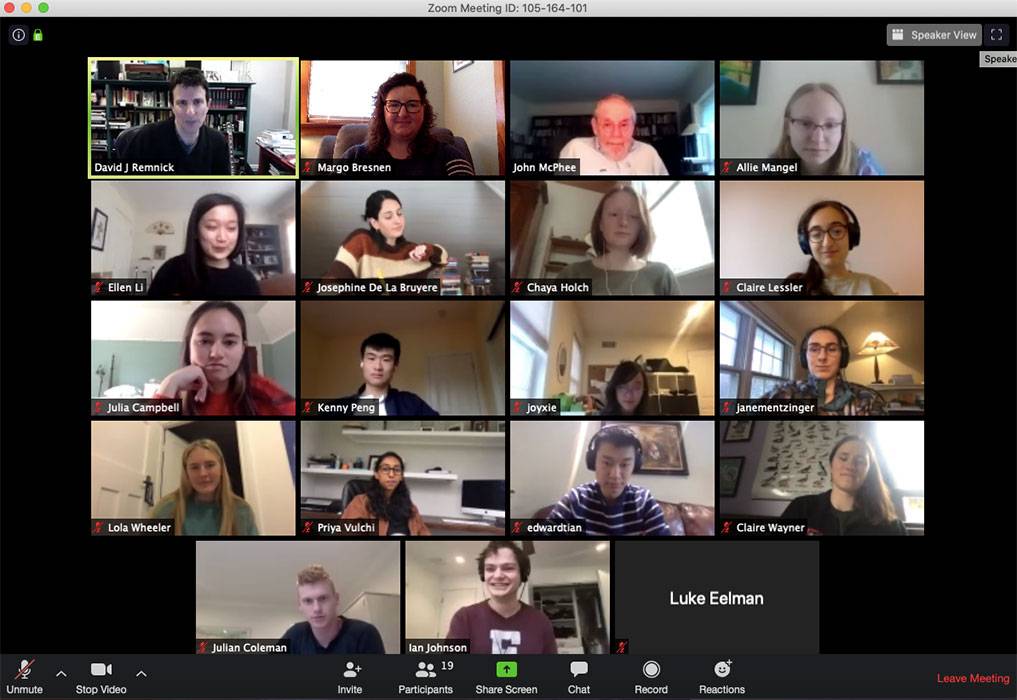
Awareness and understanding of the COVID-19 illness and its symptoms are essential, but overwritten information weighed down by medical jargon can be confusing. Such language can be even more inaccessible to adults with autism or intellectual disabilities.
Michael Granovetter ’15 has an adult brother with autism, so when a classmate at the University of Pittsburgh School of Medicine, where he’s an M.D./Ph.D. candidate, reached out to him after the Pittsburgh Center for Autistic Advocacy requested assistance in crafting special COVID-19 messaging, he was eager to contribute.
“They were specifically looking for a COVID resource that would emphasize visual illustrations of symptoms that outline a decision plan for adults with limited literacy in their community,” said Granovetter, who’s currently in the Ph.D portion of his program and hopes eventually to work with children who have neurological disorders and neurodevelopmental disabilities.
Granovetter and other medical students, including those from New York University and Washington University (Missouri), formed the project’s core group of editors, and they fine-tuned their message based on the input of professional clinicians and infectious disease physicians. Together, they composed an infographic guide called Access COVID.
“Most of the people working on this project had a combination of personal and professional experiences related to [autism and intellectual disabilities],” Granovetter said. “One primary goal was to focus on visuals. A subset of our infographic is modeled after choice boards where individuals could point to different figures that would be representative of the symptoms that they’re feeling.”
While Access COVID was aimed at a particular audience with specific needs, the finished product is useful to all. “We wanted a resource that would be accessible to as many people as possible,” said Granovetter. “You talk to family members, you talk to friends, and people often are unsure at which point they should become concerned about symptoms. We tried to make a very clear-cut decision algorithm to help people identify symptoms and know what should be a next step.”
The next step for Granovetter and the team is sharing the resource with as many people as possible. Access COVID has already been circulated to state officials in Harrisburg and throughout the students’ existing network of medical contacts. “I am hoping that our Access COVID resource will be vital for many communities, as access to information will ultimately save lives during the pandemic.”
To learn more about Access COVID, you can access their guide and board online.




